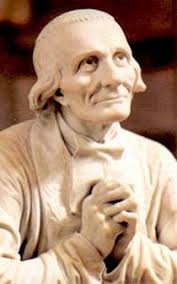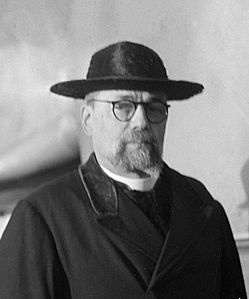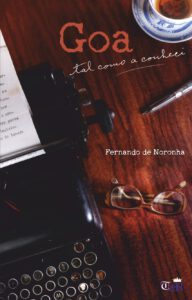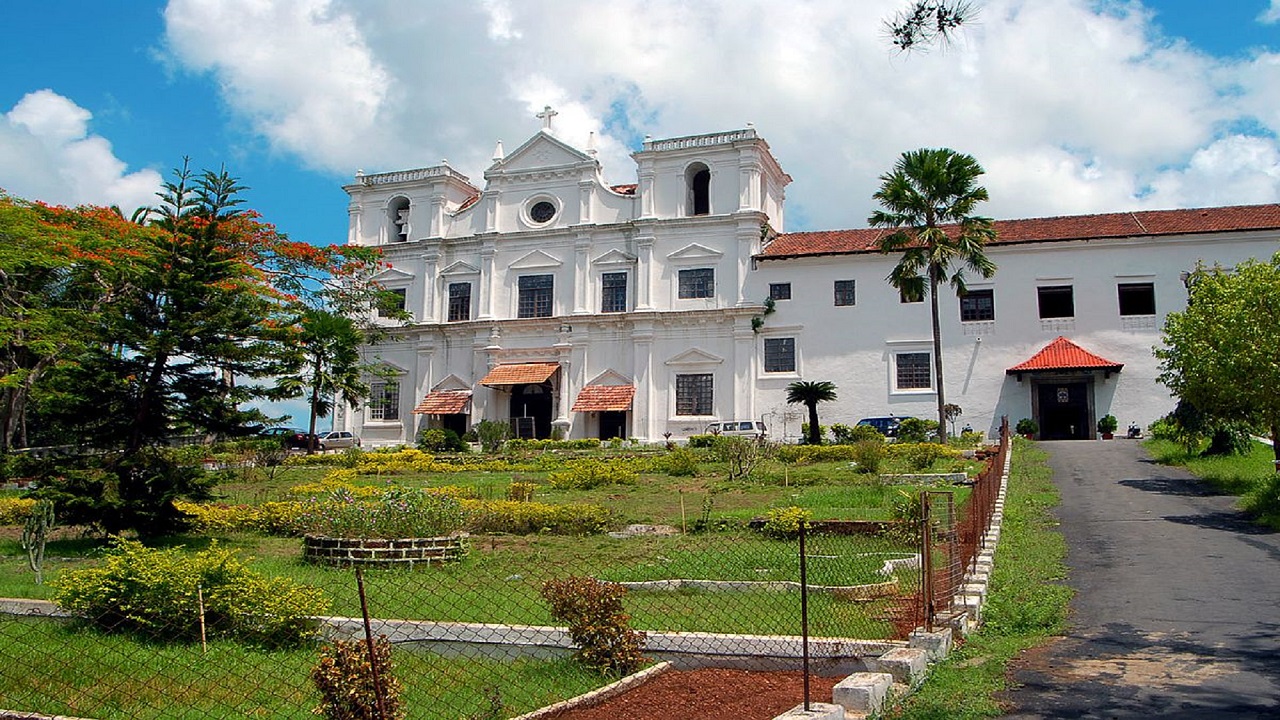Pastor's Day Musings

Curiously, despite the passage of years, the idea of a Priest that first pops up in my mind is the very same one that I gathered from my father half a century ago. In those days, parents and children spent quality time together, talking earnestly about real issues, religion at the head. My father made it a point to convey his idea on how a priest should be viewed: it was obviously an upshot of his long experience with priests amidst family and friends.
Papa didn’t discuss the universal priest; he had in mind products of Rachol seminary, many of whom he knew personally. In his recent book, Goa tal como a conheci (Goa as I knew it), published posthumously, he refers to that institution as “an excellent ornament of our archdiocese”, “an institution of such noble traditions” that produced “priests of high intellectual and spiritual merit.” He states that "a large number of those cultured and virtuous priests exercised their office in Goa and in mission stations; some of them were philosophers and theologians, journalists and writers, sacred orators, canonists and moralists, teachers and public men; some others, men of edifying piety or sanctity acknowledged by the people and the Church…”
One of Papa’s favourite anecdotes was about Dom José da Costa Nunes, who held Goa in high esteem, especially for her historical and cultural past. One day, the redoubtable Patriarch of the East Indies said in a private conversation: “Goa’s clergy are cultured and pious… Here, even an obscure parish priest from the New Conquests, for example, comes forth to discuss with the Patriarch, citing, if need be, an encyclical by Pope Paul III!..”

It goes without saying that Papa was in awe of the greatest Goan exemplars of sanctity – Joseph Vaz and Agnelo de Souza – and, what is more, imagined the clergy of his day to be inching forward in the Saints’ footsteps. I guess that in the evening of his life he’d begun to sense that this was not in sight; yet, he yearned for a quick and distinct change of tide. Usually, his portrayal of a priest would close with the words: “um santo padre” (a holy priest). That was a finale we could easily anticipate.
Looking back, I would say that Papa protected his children from the knowledge of any unedifying behaviour from pastors. When confronted with information that we children had gathered, he would make little of it. And Mama would second his opinion, by saying: “Quem sabe!” – Who knows! Once it was about a Jesuit whom he held in esteem for his intellectual prowess, and presuming that his spiritual life was on par. I seized the opportunity and sought to know how Papa bore such an exalted idea of every priest. He said, quite simply: “We’ve always seen priests in a good light. By and large, our priests have been above reproach.”
 Papa had a definite opinion on the apologetics and polemics of his times. His very own priest uncles, Castilho and Elínio, had been in that league. At the dinner table, he sometimes recounted stories of the journalistic antics of anti-Catholic, Portuguese republicans of the early twentieth century and how a good number of Catholic priests and laymen had combated them. However, Papa’s musings in his book end on a plaintive note: “With Vatican Council II, polemics was replaced by dialogue between religions and cultures. And with this new way of looking at things, the old type of Catholic apologist or polemist quietly faded away.”
Papa had a definite opinion on the apologetics and polemics of his times. His very own priest uncles, Castilho and Elínio, had been in that league. At the dinner table, he sometimes recounted stories of the journalistic antics of anti-Catholic, Portuguese republicans of the early twentieth century and how a good number of Catholic priests and laymen had combated them. However, Papa’s musings in his book end on a plaintive note: “With Vatican Council II, polemics was replaced by dialogue between religions and cultures. And with this new way of looking at things, the old type of Catholic apologist or polemist quietly faded away.”
And how do I end my musings on Pastor’s Day 2019? I wish our priests many fulfilling years in the Vineyard of the Lord… My children’s father may be unable to exert the same influence as did their grandfather… Let it be. Much water has flowed under the Mandovi Bridge since the days when we would sit together and ponder… After all these years all I wish, with teary saudade, is to see the vindication of the essential parts of my father’s image of the Pastor.
(Renovação, 1-15 Sept 2019, p. 14)
